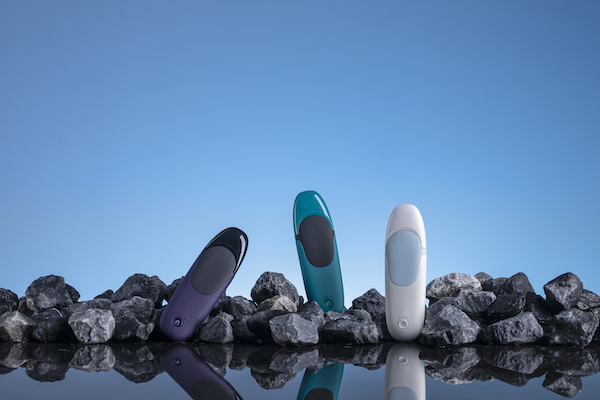Intellectual property protection is available for cannabis and cannabis-adjacent companies through federal, state, and common law. The strongest form of protection for a company is federal trademark or patent registration – it gives potential infringers warning by being published in the Trademark or Patent Register databases. State-level trademark registrations provide similar but regionally-restricted protections.
The caveat is that trademark registration can only be sought for businesses/services that do not directly touch the marijuana plant. This includes non-cannabis-specific smoking, vaping or other consumption accessories.
Luckily for CCELL, one of the most recognized premium cannabis vaporizer manufacturers in the US, and its parent company Smoore International Holdings, its federal registered trademarks and patents are protected. After the company filed a complaint in October 2021, The U.S. International Trade Commission (ITC) launched an investigation into 38 companies infringing on CCELL’s patents and trademarks. CCELL’s most coveted patents are for its heating technology that adds an extra level of safety and don’t produce the scorched flavor that other vaping devices can give.
It was announced this week that out of the 38 companies being investigated for patent and/or trademark infringement, more than half of them have agreed to have chosen not to challenge this case and will cease the infringing misconduct. Many of them have signed consent orders not to further infringe CCELL’s patents and trademarks and several others are discussing settlement agreements with with CCELL’s attorney.
Moving forward, CCELL has taken actions to protect its legal rights, including filing a Section 337 Unfair Import complaint with the ITC and filing a patent and trademark infringing litigation in the Federal District Court. If companies and their oil brands participate in unauthorized use of technologies protected by CCELL patents, they will be committing patent infringement under the U.S. intellectual property laws.






